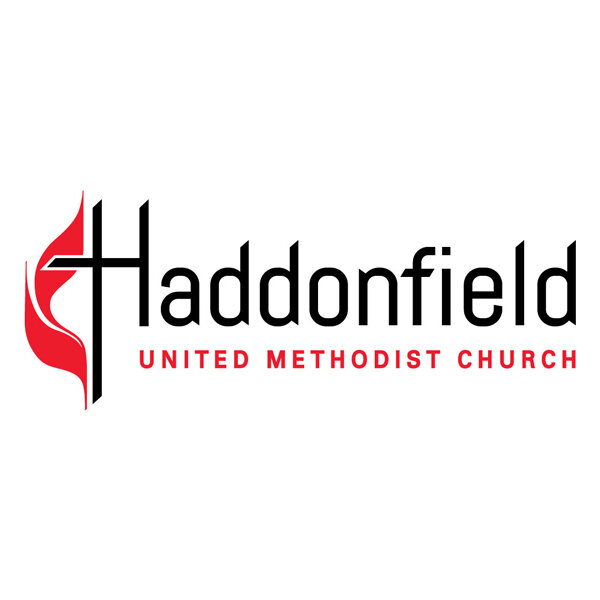
WHO WE ARE NOT
WHO WE ARE
Every other financial service website seems to share the same sales pitch, promising a happy future in flowery investment-speak.
B.S. BUZZWORD INDEX
We do things a bit different, starting here, telling you what you actually want to know.
Our biggest job is to keep you from making a bad decision. That usually means keeping you invested. No timing the market. No reactions to news, just patient and proven investing.
“Risk comes from not knowing what you are doing.”
ADAM PUFF
Age is just a number.
But that number can have a direct impact on the success of your portfolio.
Today the average age of a financial advisor is 51 with 38% of advisors expecting to retire in the next 10 years, according to Cerulli Associates.
Just 10% of financial advisors today are under age 35.
And that's another way Haddonfield is different.
My name is Adam, and while I may have been in this game for some time (since 2004), I will still be in the game when you retire. I am also an Accredited Investment Fiduciary, which means I have to put you first.
Are you more worried about your retirement or your advisors? What are you going to do when your advisor retires in 10 years or less and you have to start all over again?
If you are one of those people worried about letters after names, don’t worry. Our number 2 guy Michael Saler is our Chartered Retirement Planning Counselor™.
“I made my first investment at age eleven. I was wasting my life up until then.”
HOW WE GIVE BACK
HFP's goal is to give back 5% of profits each year to causes and charities based in and around Haddonfield, NJ.
Here are just a few of the organizations we support:
READ OUR LATEST KNOWLEDGE ARTICLES:








































